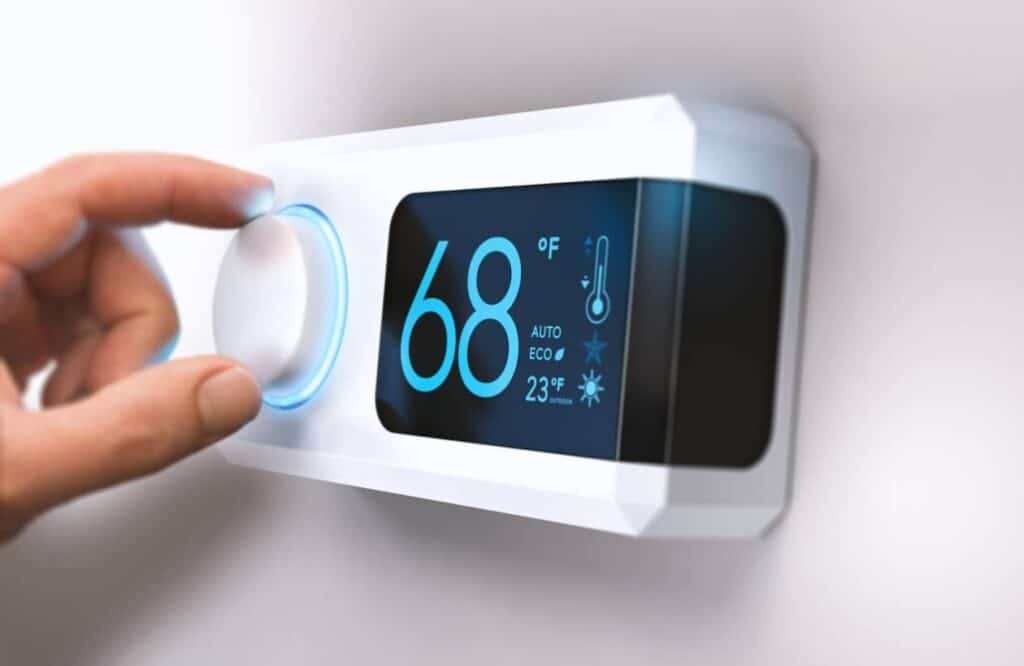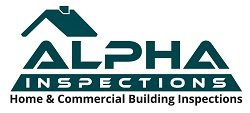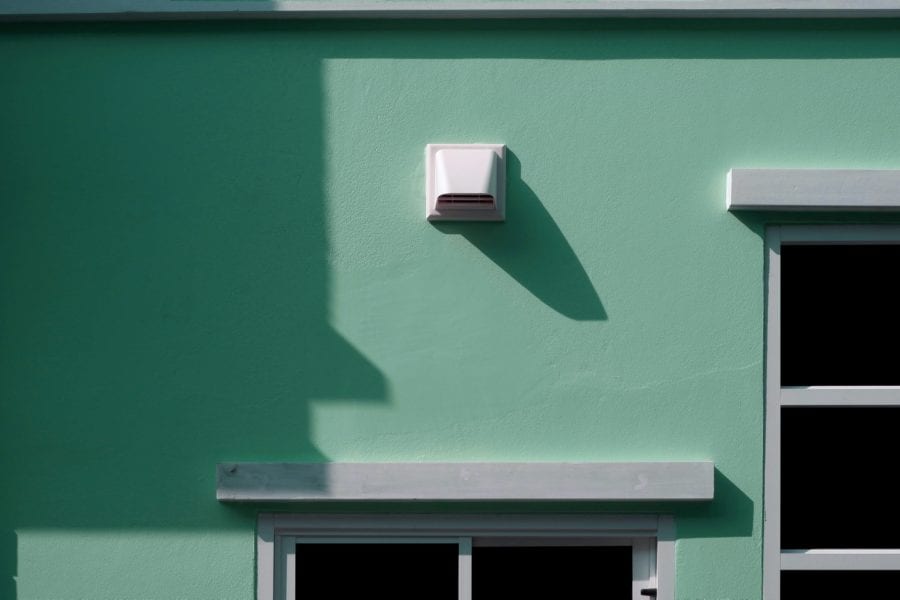
Nothing disrupts comfort faster than an air conditioner that randomly shuts off. This frustrating issue leaves you sweating it out, wondering what caused the shutdown. Fortunately, understanding the top reasons an AC might turn off by itself empowers you to resolve the problem.
This article explores potential causes like refrigerant leaks, frozen coils, electrical faults, and more. By the end, you’ll be able to identify and address common AC problems yourself and understand when help from an expert is needed.
What Are The Main Causes of Random Shutdowns?
A variety of issues can cause an air conditioner to abruptly turn off on its own. By understanding the potential culprits, you can carry out some troubleshooting to get your AC running again. Consider the following common causes of spontaneous air conditioner shutdowns:
- Refrigerant Issues – Low refrigerant levels, leaks, and improper refrigerant pressures can all cause cooling problems that lead to unexpected shutdowns.
- Frozen Evaporator Coils – Lack of airflow, low refrigerant, or dirty filters can cause the evaporator coils to freeze up, preventing proper operation and causing shutdowns.
- Electrical Faults – Blown fuses, bad capacitors, wiring problems, and control board failures can all cause immediate shutdowns.
- Compressor Problems – If the AC compressor is damaged or malfunctioning, it cannot maintain the proper refrigerant pressures needed to cool the home, resulting in shutdowns.
- Clogged Air Filter – A blocked filter reduces airflow across the evaporator coils, which can cause freezing, ineffective cooling, and automatic shutdowns.
- Improperly Sized Unit – An oversized or undersized AC unit will short cycle on and off, straining the system and leading to premature compressor shutdowns.

Troubleshooting to Consider
Once you’ve identified the likely cause of the air conditioner randomly shutting down, you can take steps to troubleshoot the issue:
- For refrigerant problems, check the refrigerant levels and look for leaks. Contact an HVAC technician to test pressures and recharge the system if needed.
- To troubleshoot frozen coils, turn off the AC and use a hair dryer to thaw the ice. Clean the coils thoroughly and check the filter. Low refrigerant should get attention from an expert.
- With electrical faults, reset tripped breakers and replace blown fuses. If issues persist, contact a licensed electrician to inspect the wiring, capacitors, connections, and control board.
- For compressor issues, an HVAC technician will need to check the pressures and integrity of the system. If the compressor is faulty, replacement may be necessary.
- A clogged filter simply needs a replacement or a cleaning. Check sizing and have a technician verify proper airflow.
- Finally, improperly sized units should get an expert evaluation to determine corrective options, which may involve replacement.

Other Recommended Maintenance
While troubleshooting specific issues causing your air conditioner to turn off is crucial, it’s also important to maintain your overall HVAC system properly. This preventative maintenance helps avoid many shutdown-related problems and keeps your AC running efficiently.
Additionally, be sure to replace air filters regularly, about every 90 days for typical disposable filters. Clogged filters are a major cause of evaporator coil freezing and unwanted compressor shutdowns. Also periodically have an HVAC technician verify refrigerant levels. Low refrigerant can cause erratic shutdowns and compressor damage if not addressed.
It’s also wise to have a professional perform annual maintenance checks before cooling season starts. They can check for refrigerant leaks, measure HVAC output and efficiency, inspect electrical components, and ensure the condenser coil is clean. This tune-up detects and prevents conditions that could lead to sudden shutdowns when you need cooling most. Furthermore, have a qualified technician assess your overall AC system sizing about every five years. Improperly sized units will short cycle and strain the compressor.
When to Call a Professional
If you attempt troubleshooting but your AC continues shutting down randomly, professional HVAC technician assistance is the best plan. Additionally, immediate assistance from a licensed pro is recommended if you detect refrigerant leaks, as repairing leaks requires specialized equipment and training.
Frozen evaporator coils that fail to defrost after troubleshooting also warrant a service call, as do any electrical problems involving fuses, breakers, or components that persist after DIY fixes. Strange noises or other signs of damage from the AC compressor indicate the need for an HVAC pro’s assessment. If replacing a dirty filter does not resolve performance problems, or you cannot identify the reasons for repeated shutdowns, a technician should inspect your system further.
Any other HVAC issues arising along with the sudden shutdowns should also prompt you to contact a professional right away. They can properly diagnose underlying causes, service refrigerant systems, and determine if the compressor or other components need replacements.
Final Thoughts
Having your air conditioner unexpectedly shut down can leave you sweltering on hot summer days. Now, you’re equipped to diagnose common causes like refrigerant leaks, frozen coils, clogged filters, improper sizing, and electrical faults. Plus you have the advantage of troubleshooting tips to leverage on your own and restore order quickly.
When the problem goes beyond typical troubleshooting, know when to bring in an expert. To schedule an inspection of your cooling system or the whole house, reach out to Alpha Building Inspections in Merrimack, NH, and surrounding areas today.


